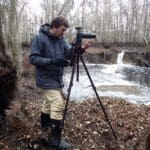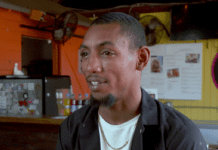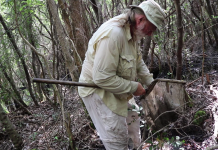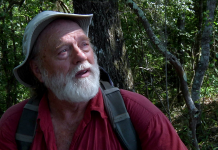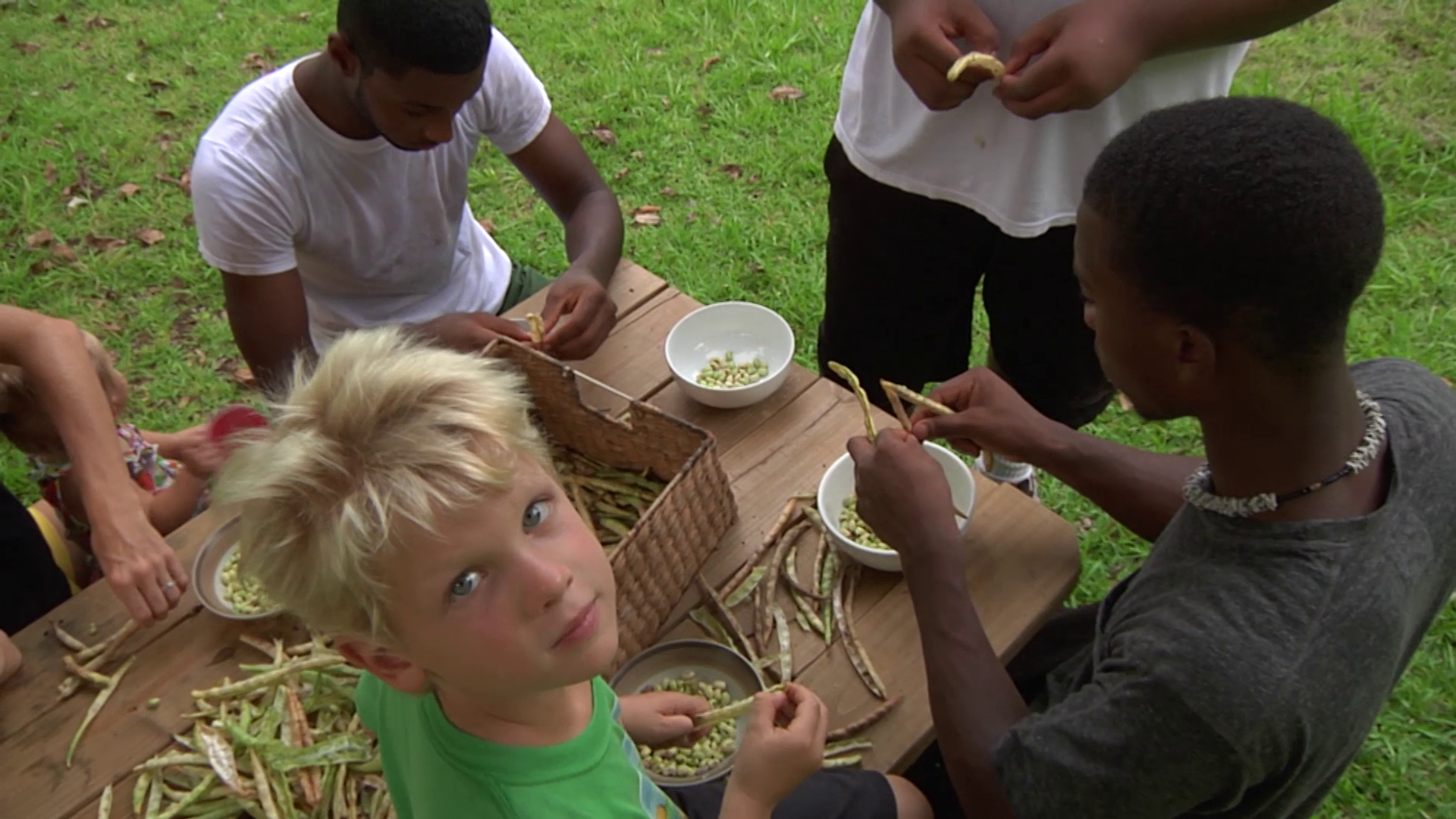

Good Taste Tally is a farm that allows for a different kind of exploration. FSU Assistant Education Professor George Boggs has created an entire learning environment full of hands-on, outdoor experiences.
The farm’s employees are George Boggs, his family, and three students participating in Leon County Schools’ 50 Large program. It’s part family farm, part education experiment, and part job skills program.
Everyone involved has a learning experience, including Dr. Boggs, who says, “I’m learning about being a teacher, and a farm operator, and an employer, and a father – all at the same time.”
His three student employees are very appreciative of the opportunity to work at Good Taste Tally.
Mikal Rich acknowledges that he was a troubled kid, “You know, I wasn’t respecting my parents how I needed to, I wasn’t doing good in school academic-wise. And I got referrals, like, I was in ISS for a whole week cause referrals back to back every time I got out.”
Tyge Williams says, “When I first got into 50 Large, I wasn’t even, how would I say, all that good of a person. I was mostly into, like, sports and, like, I wasn’t really into starting a job at the moment. I was mostly in the streets and a lot of different things. I used to fight a lot. When I was at 50 Large, they caught me at the right moment, like a month after my Grandma passed. And, I had a lot of anger built inside of me, so I didn’t really know how to express it.”
According to Mikal Rich, 50 Large is about people who are there to help you with what you need. “You in trouble, they’re there to help you. You need to talk, they’re there to help you. You struggling, they’re there to help you. So, this is basically that program to help troubled people.”
50 Large is more than a support system. One of their goals is to help members develop business skills. Dr. Boggs created the farm to offer just such an opportunity.
“I thought from the beginning that we needed to operate as a financially responsible and accountable business,” says Dr. Boggs, “so when we say we operate for-profit, really what we mean is that we need to produce enough that we can pay ourselves a fair wage. But the goal is, if we can’t produce enough to pay our wages, we need to make adjustments. And that’s really kind of the idea, is to be flexible enough that we’re looking for markets to participate in, but at the same time, really to be offering opportunities for guys to take ownership and dig into something to make it their own.”
Mikal Rich has learned this. “You come out here, you basically need to learn how to take control of things without someone having to tell you. Because, you know, that’s what we all strive for, to be a boss in life. Or be your own self-manager. And do things that you have to do without people having to tell you, really.”
Boggs also keeps pigs on the farm. Part of running the farm includes building and maintaining physical structures. The barn will be renovated to make two farrowing pens for the two pregnant sows, Cypress and Bronte.
Tyge Williams helped build the farm when they started. “I was the first one here. Helping him build up the fence posts, and all other types of stuff like that. I helped did that,” he says. “There were days where I was, like, man, I’m tired. Man, I’m tired. But I kept doing it. I kept pushing it, harder. You know, trying to do something the right way.”
Dr. George Boggs sums it up this way, “You know, one of the reasons schools look the way they do is because we’re really trying to solve the problem of the 21st century workforce. But I feel like one of the things that’s really lacking is authentic contexts in which to solve problems. What do people do when they face a problem? How do people find out what is needed in their world? How do you orient yourself to what’s going on? And it’s obvious that that’s a lot about how farms work. It’s our great hope with our own children, of course with the participants that the kind of things we do can transfer, can support them when they go into new things.”
“A career? There’s two things I want to do,” says Tyge Williams. “I want to own, have my own business in agriculture and farming. And I want to be a chef. The culinary arts. That’s if I don’t make it doing sports, of course.”
The video of this story originally aired on WFSU’s American Graduate Day, and was funded by the Corporation for Public Broadcasting, American Graduate: Let’s Make It Happen initiative. For more on careers and graduation, visit wfsu.org/americangraduate.
Rob Diaz de Villegas is a senior producer for television at WFSU Public Media, covering outdoors and ecology. After years of producing the music program OutLoud, Rob found himself in a salt marsh with a camera, and found a new professional calling as well. That project, the National Science Foundation funded "In the Grass, On the Reef," spawned the award-winning WFSU Ecology Blog. Now in its tenth year, the Ecology Blog recently wrapped its most ambitious endeavor, the EcoCitizen Project.
Rob is married with two young sons, who make a pretty fantastic adventure squad.

